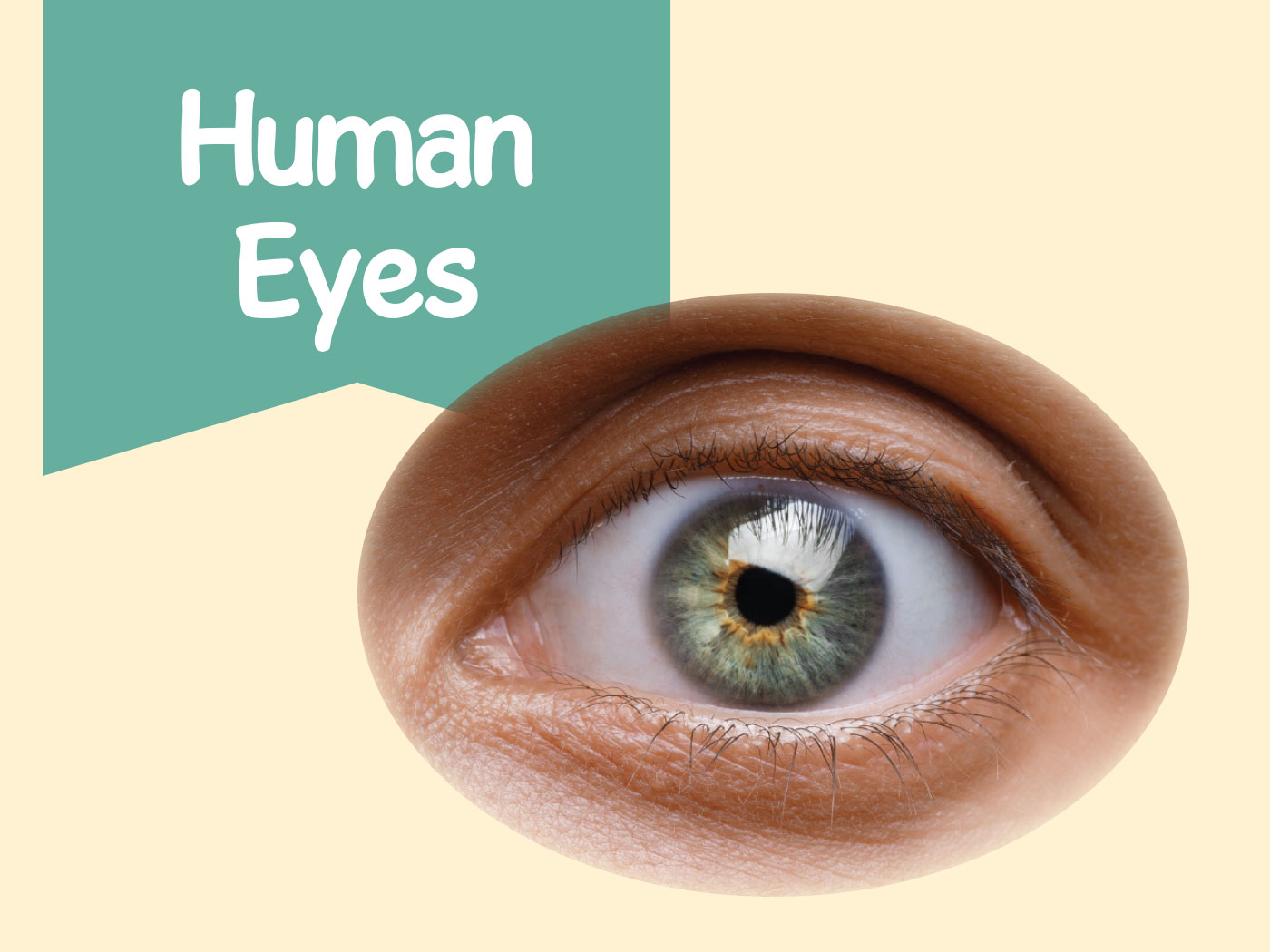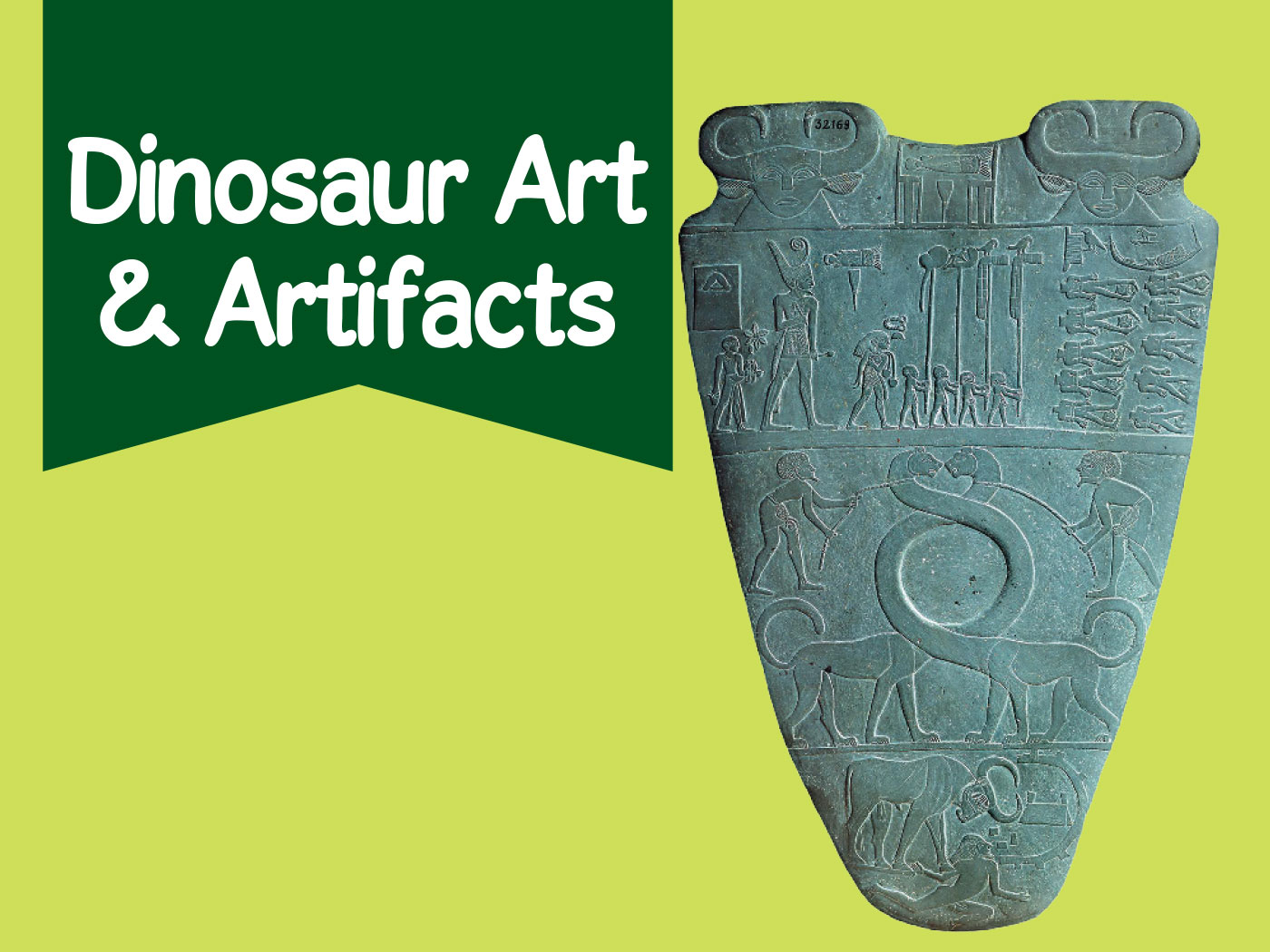If someone witnessed an event firsthand, chances are that person would remember it pretty clearly, right? Not according to a recent psychological study, in which almost half of those tested disbelieved their own experience in favor of a faked video recording of the event. This shows the importance of being able to re-analyze past events for accuracy.
Dr. Kimberly Wade of the University of Warwick found that fabricated video evidence can radically alter people’s perceptions. Study participants were filmed as they took part in a computerized gambling exercise. Unknown to them, each was seated next to a research team member with whom he or she competed for a prize.
After the exercise, the video recording was altered to make it appear that the researchers had cheated. The study’s subjects were then asked to confirm whether they had seen the person next to them cheat. Of those who were merely told that there was video evidence of the offense, only 10 percent indicated that the suspect had cheated. But almost 40 percent of those who were shown the faked video believed “the video version rather than what they actually saw.”1 An additional 10 percent of this group indicated that the suspect cheated when they were questioned a second time.
Wade concluded, “Over the previous decade we have seen rapid advances in digital-manipulation technology. As a result, almost anyone can create convincing, yet fake, images or video footage. Our research shows that if fake footage is extremely compelling, it can induce people to testify about something they never witnessed.”1
Actually, the participants did “witness” what they saw in the video, so a more accurate conclusion is that they testified to something that never occurred. In any case, they witnessed two versions of the same event—one in person and one through the altered footage—and had to choose which was real. When asked again about it, more became swayed by mentally reviewing the video “evidence.”
This research diminishes the idea that human senses or perceptions are infallible, showing that even memories of recent experiences can be rewritten in the mind if presented with enough contrary external factors. Seen in a positive light, humans seem to be wired with the capability to review evidence for or against an event, with memories providing one line of evidence.
It therefore ought to be accounted to the grace of God that He chose to reveal Himself, and “all things that pertain unto life,”2 in the form of a written document. This way, one doesn’t have to rely on mere memories for the relevant information, but instead has access to a written account that can be read and analyzed as often as needed.
In the New Testament, Peter insisted that the apostles’ doctrines did “not follow cunningly devised fables.”3 Thousands of years after it was penned, the Bible is still available for testing the accuracy of its assertions. Unlike the deceptively ambivalent evidence the subjects of Wade’s study were exposed to, the preponderance of evidence for the veracity of Scripture is singularly positive, well-attested, and reviewable. This way, participants know they can get it right.
References
- Faked video dramatically alters eyewitness accounts. University of Warwick news release, September 14, 2009, reporting research published in Wade, K. A., S. L. Green and R. A. Nash. Can fabricated evidence induce false eyewitness testimony? Applied Cognitive Psychology. Published online before print August 20, 2009.
- 2 Peter 1:3.
- 2 Peter 1:16.
* Mr. Thomas is Science Writer at the Institute for Creation Research.
Article posted on September 25, 2009.




















